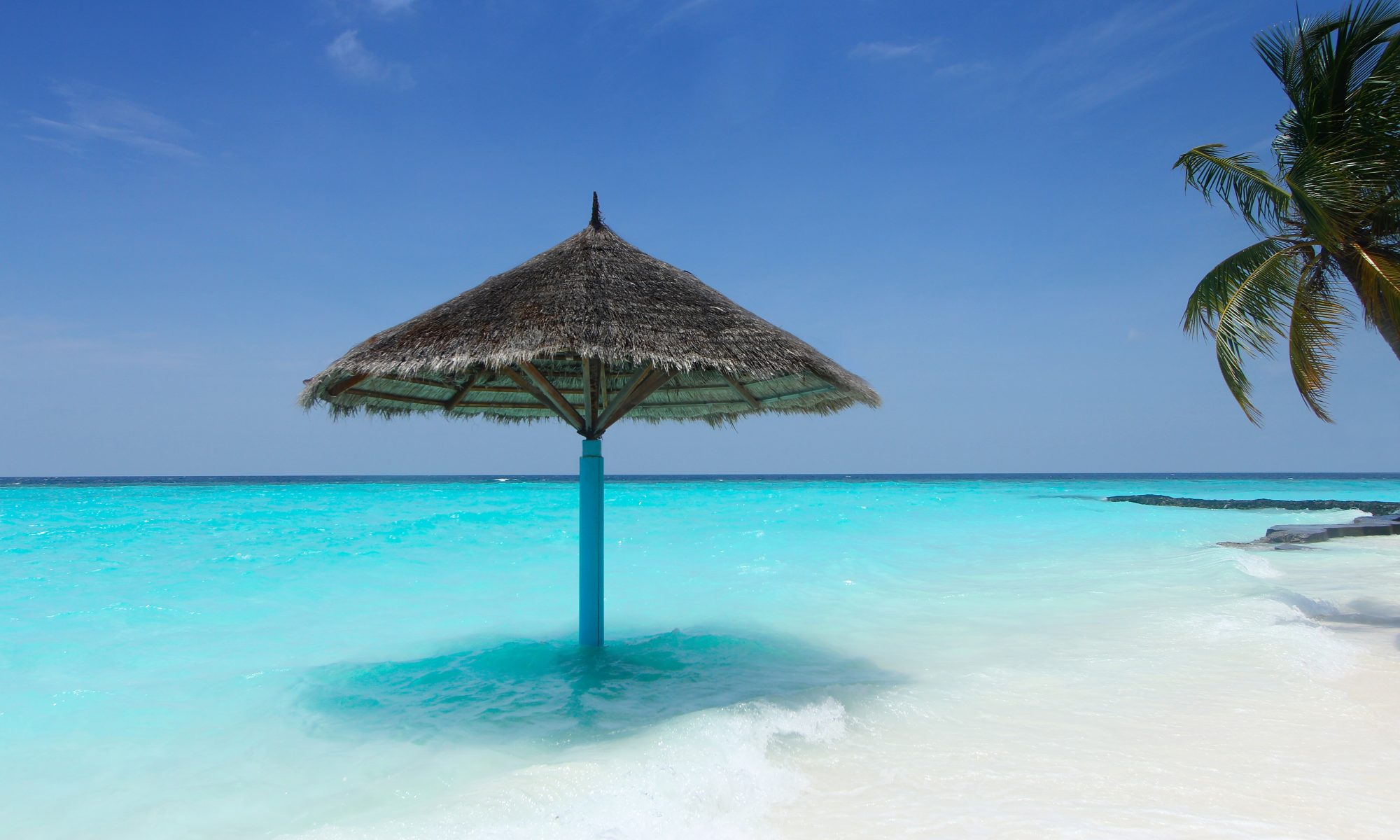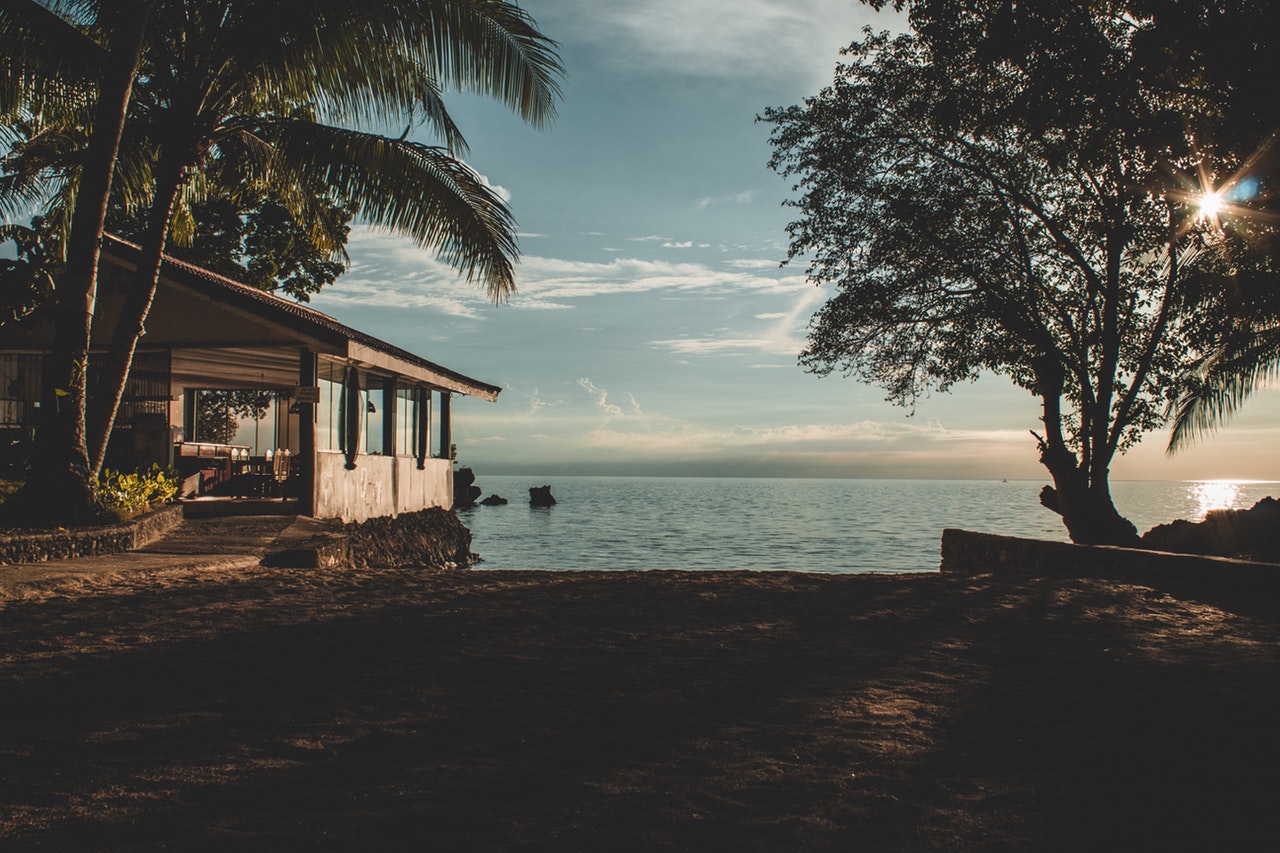First of all, your vacation home will probably be only that; a home away from home, where you could go on vacation with no preparation or cash needed. You may go there for a spontaneous weekend vacation, or spend a week. It is entirely your decision.
Another advantage is that the possible profit you could make in the case you opt to lease it from a tenant. Even in the event that you don’t wind up making substantial sums of gain from rent, it will assist in paying for items like insurance policy and maintenance on your vacation home, which you would be paying for from your pocket differently. Your property may also appreciate in value through time, increasing the internet value of your investment.
If your vacation home is also an investment, then it usually means that a number of the running expenses (for example, interest to a mortgage and maintenance) could be tax deductible, however, beware of the ATO’s limitations around this.
Speaking long term, a vacation house in a perfect location with access to all of the requirements could result in a superb main home after you retire as opposed to opting for a home extension. It might also be a great way for the child(ren) to test out living away from home and paying for rent.
The Pros
- Rent-free vacations for you and/or friends whenever you like, for however long you need.
- Possible profit/offset prices from renting out to tenants, together with potential appreciation in value.
- Potential location to live in after retirement, and an effortless way for kids to check out living by themselves.
- You may leave vacation toys there, together with household items you will desire, saving unnecessary packing and crating services each time you go away.
- Lease income will offset maintenance expenses, loan prices and council expenses.
- Hopefully, the house will appreciate in value especially with added features like stone bench tops.
- There are tax benefits for you.

The Cons
Most important to think about is holding prices. If you cannot figure out how to discover a renter, then you are paying insurance, mortgage, maintenance prices and much more from your pocket, with no additional income. Even if you find a renter, the uncertainty and variance in lease rates means that you could still wind up needing to cover a few or lots of your house’s holding costs out of pocket.
Concerning locating a renter, it is important to keep in mind that the ordinary amount of high demand for vacation rentals is eight to fourteen days per year. If you’d like a vacation home for lifestyle purposes rather than investment, know the times when you’re want to utilize your vacation house are probably these high demand intervals, and that means you ought to find out the balance between private use and creating sufficient rental income.
The character of a vacation house usually means you will just test it a couple of times per year, so unless you’ve got a routine cleaner or a safety system, damage to showcase display systems or other issues with the house can go undetected and result in additional complications.
You may also get tired of moving to the identical area each time you go on vacation but nevertheless feel the need to move there out of duty as opposed to a real desire to spend some time in your vacation house.
Overview of the disadvantages:
- Holding prices can be a significant financial burden, particularly in the event that you cannot locate a renter.
- Expanding on this, finding a renter out of peak vacation times can be difficult, and the only instances when locating a renter is simple would be exactly the very same times if you would like to use your vacation house.
- Injuries or damage can go undetected for weeks and may worsen if left too long
- You have the potential to get tired of going to the exact same place each time you go on vacation
- Your idea of the perfect escape place might not be in sync with other holidaymakers, meaning it might be hard to lease.
- Like any investment, there’s the danger that the property might not rise in value sufficiently to offset the costs. You might need to wait around for a nice return on your investment.
- You’ll need to factor in cleaning and management prices into your investment, and of course council expenses, upkeep and improvements such as plumbing services.
- There’ll be additional ongoing costs to lease out your house, like providing linen, replacing lights. You will also need to organise backyard and lawn-mowing to maintain the property in a marketable standard.
Purchasing a vacation home hints
Should you decide to go down the vacation home route, remember the following purchasing tips:
- Do not purchase at the peak. Falling in love with a beach home in the peak of summer, or even a ski lodge in the middle of a wonderful ski season isn’t a fantastic idea. Also, keep in mind if the property market is level an excellent property in a fantastic place will always find a purchaser.
- Maintain a buffer. Even partly renting throughout the tenure to additional holiday-makers can incur costs, because these tenants could be hard-wearing than lasting tenants. Consider having a crisis buffer for ordinary items which can break down quickly or need replacement because of greater wear and tear.
- Calculate ALL reasonable prices. Many vacation home buyers overlook that another house incurs another bunch of expenses: energy, water and council rates, maintenance, cleaning, yearly pest inspections, property taxation, insurances.
- Can it be more economical to holiday-lease yourself, thus saving money for a house extension or renovation around your own home instead? Contemplate the long-term advantages of holidaying in precisely the exact same region on a long-term foundation.




